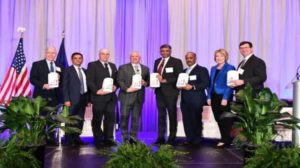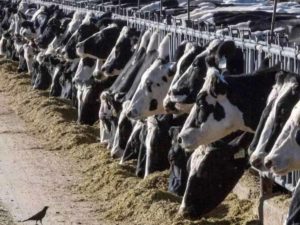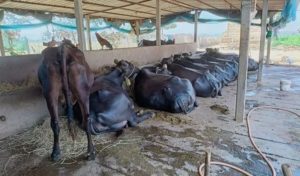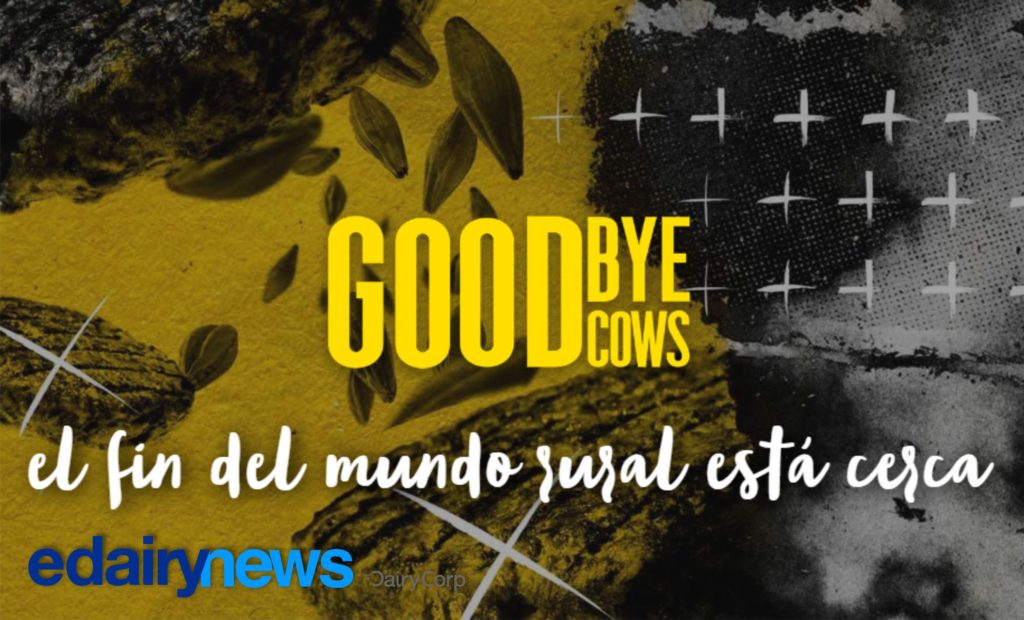While men often act as the face of the farm in India, performing tasks such as carting milk to collection points, regular operations such as feeding and milking cows are done by women, according to co-founder Aashna Singh. According to a 2006 report published in the Indian Journal of Dairy Science, 75 million women work in the dairy industry, while 15 million men do.
According to a 2019 Food and Agriculture Organization of the United Nations (FAO) study, dairy “often serves as a forum for rural women to consolidate a better role for themselves in their society.” However, they frequently neglect the infrastructure and resources that farmers in other countries enjoy.
This is where MoooFarm enters the picture. They offer rural farmers resources to work effectively and sustainably and raise their incomes through a combination of human interaction and technology, and they’re currently operating in the Indian states of Punjab, Uttar Pradesh, and Maharashtra. Farmers aren’t really required to pay for the services; instead, companies and governments finance them.
MoooFarm offers in-person training sessions to rural farmers through their Mooo Van, as well as a network of Village Level Entrepreneurs (VLEs). These local collaborators go door to door in three to four villages to include any services farmers might need, such as best on-farm practices or the download and use of a specially built app.
The farm management software digitizes the cow’s mating period and gives farmers notifications, such as when to inseminate a cow or whether she’s pregnant. The warnings provide links to videos that walk farmers through specific procedures. MoooFarm also faces difficulties in their search to meet women.
Inequality between men and women:
The farm management app tracks the cow’s breeding cycle and alerts farmers when it’s time to inseminate her or whether she’s pregnant. Links to videos that walk farmers through basic practices are included in the warnings. MoooFarm is having trouble meeting women as well.
Around 80% of the 1,000 farmers in one program have downloaded the software, with up to 70% of them using it on a weekly basis, according to Singh. According to Singh, this is an outstanding retention rate for rural India.
Farmers seem to have seen the difference. According to a recent MoooFarm survey, 95 % in the Punjab pilot project said their awareness and income had improved. Many farmers were able to raise their monthly income by 2,000 rupees and reduce their expenditures by about 1,500 rupees by implementing practices taught through MoooFarm training programs.“We’re estimating that yeah, we’re bringing a farmer about three to four thousand rupees in benefit because we’re driving the right practices,” Singh says.
Encouragement to long-term viability
“On average, milk production per cow in India is about 1,700 kilograms (450 gallons), while it is around 10,463 kilograms (2,764 gallons) in the United States,” says FAO Livestock Policy Officer Aimable Uwizeye, speaking in his personal capacity (which may not necessarily represent official FAO views). However, increasing milk yield will help with long-term sustainability.
MoooFarm connects farmers with veterinarians and provides training to help them prevent underfeeding and overfeeding. They also gave dairies tests for subclinical mastitis, a disease that affects cow udders and is difficult to diagnose, according to Singh.
“We performed about 1,500 studies on a thousand growers, and around 60% of them were positive for mastitis,” she says. “This suggests that both the quality and quantities of milk is lower. So as soon as we noticed it and processed it, the milk quantity and consistency increased.”
“A clear example of adaptation and resistance to climate change is assisting farmers to increase production (milk yield and live-weight) as a way of reducing hunger and improving nutrition and food security,” says Uwizeye.
Changing obstacles into possibilities
Better water and waste management will also help to promote sustainability; at trainings, Singh says they talk about using waste as fertilizer. According to statistics gathered by VLEs — who have their own app to monitor farmers’ adoption of 20 best practices — up to 80% of farmers use this technique after practicing.
The Daily Churn was unable to speak directly with farmers due to language barriers, but Singh issued testimonials. The app was identified as “very helpful” by Gurtej Singh, a farmer from Sangrur, Punjab, who said frequent notifications helped him to keep proper records. The software is also beneficial to VLEs.
Meanwhile, MoooFarm keeps pushing itself to create new programs and technology, such as facial recognition for cows. Singh believes that this technology, which has proven to be cost-effective, may help the cattle insurance industry mitigate fraud. And it seems that their efforts are paying off. They were one of nine winners of the World Bank Group’s Agri Insuretech Challenge, in addition to obtaining a grant from Microsoft.
As per MoooFarm, they have reached over 16,500 farmers in about 400 villages so far. They aren’t going to stay there, though. They expect to hit 200,000 farmers by next year, resulting in a significant social and environmental impact.










